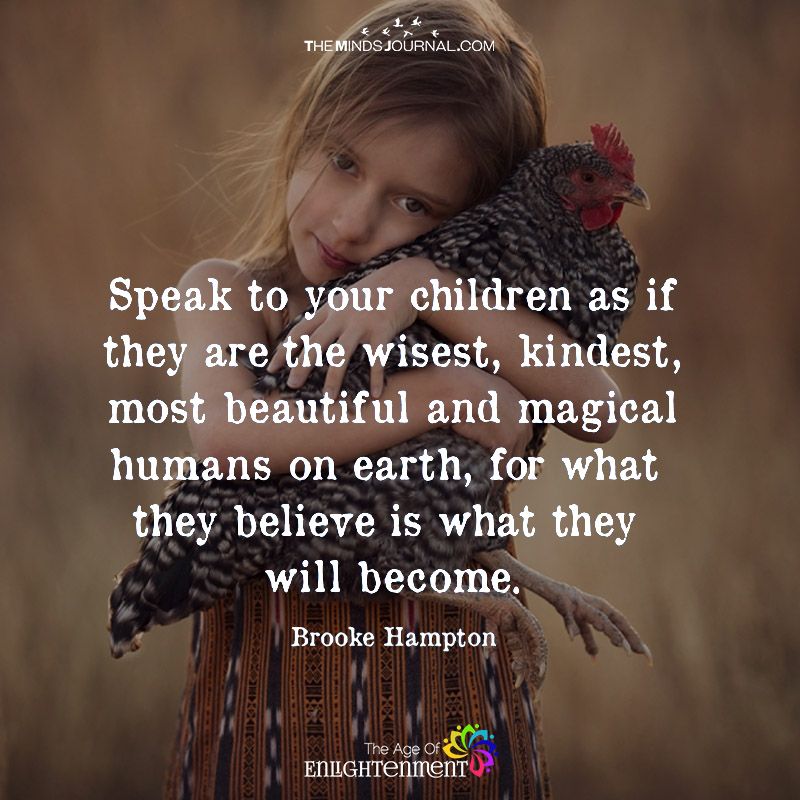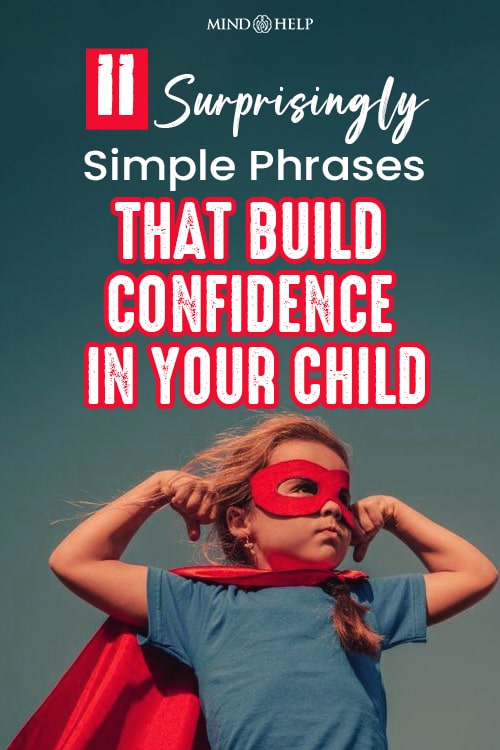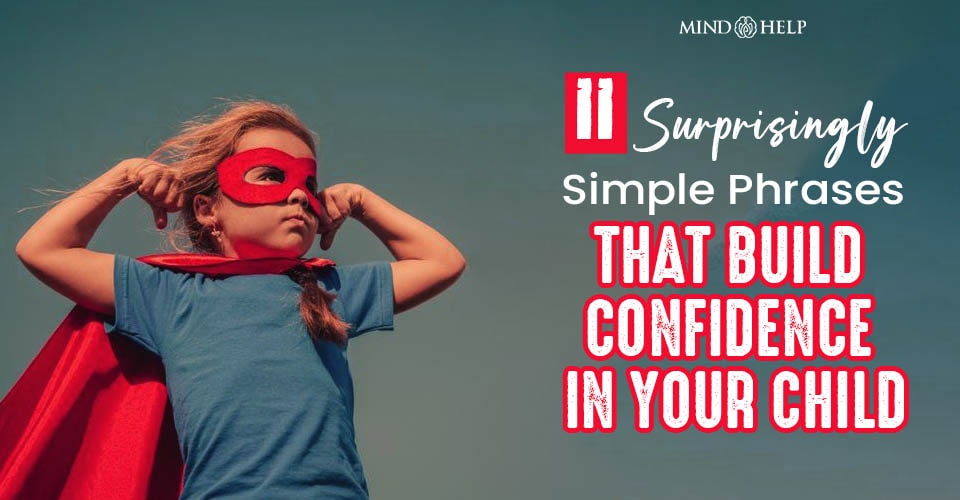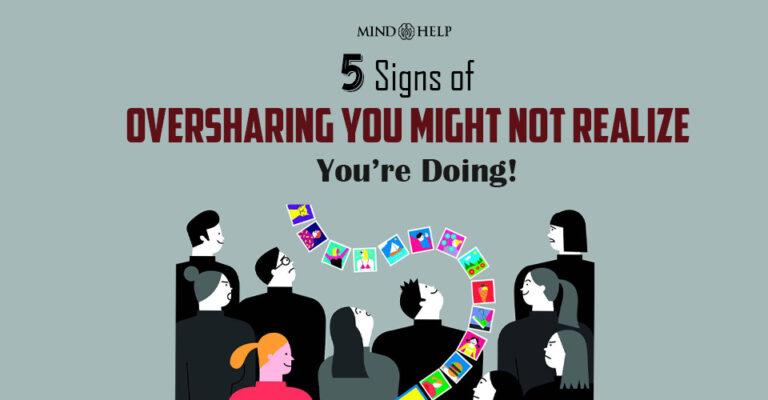Every parent wants to build confidence in your child, but let’s get real, it’s not always clear how to do this. You may be wondering how to build confidence in your child without sounding too strict or superificial.
But do you know what the reality is? Building confidence in children often has a lot to do with the simple things you say. Small words of affirmation are sometimes greater than lengthy lectures.
If you’ve ever wanted to help build confidence in your child but didn’t know where to start, these 11 simple yet powerful phrases are your go-to toolkit.
Think of them as magic words that spark self-belief.
Related: How To Support Your Child Emotionally: 5 Daily Questions That Make A Big Difference
11 Magic Phrases That Instantly Build Confidence in Your Child
1. “You are capable.”
This affirmation assures your child that you have faith in their capability to manage challenges. Children tend to question themselves, particularly when confronted with something new.
By telling them “You can do it,” you remind them that they are strong, capable, and able to solve things. It’s a seed planted in their head that will grow into self-confidence over time.
Whenever you use this statement over and over, you help build confidence in children because it instills in them the trust that they themselves are capable.

2. “Let’s try it together.”
At other times, children must be reassured a great deal that they are not alone and don’t have to face anyone on their own. “Let’s try it together” builds confidence in the child because it shows them that you will help them, but also that you expect them to be independent.
This sentence informs them: “I am here for you, but I also know that you are capable of managing this.” This mix of direction and autonomy makes children feel safe, which is an important part of learning how to increase self-confidence in your child.
In addition, moments of teamwork such as this one fortify your relationship with your child, while providing them with a secure environment where they can experiment.
3. “You are enough.”
Sadly, today, children are constantly compared, whether in sports, social media and school. So it is not surprising that they will think that they are not good enough or that they are not up to the mark.
By telling your child that “You are enough,” you remind them that they don’t have to be perfect to be valued, loved, or respected.
This is how you build confidence in your child; by reminding them of their self-worth from within. When children feel confident they are enough, they are less likely to disintegrate under stress or seek constant validation from the outside world.
4. “I know you tried your hardest and I’m so proud of your effort.”
Praise is powerful, but effort-based praise is gold. By focusing on the process rather than just the outcome, you are teaching them resilience and inner strength. Saying “I’m proud of your effort” encourages children to keep trying even when things don’t go perfectly.
This is a real-world method of building confidence in children since it separates their worth from the outcome. It shows them that effort is as valuable, sometimes more valuable than success or winning at the first attempt.
5. “You can do hard things.”
Life is hard, and children must understand that struggling is normal, and an important part of life, but never an indication of weakness. When you say to your child, “You can do hard things,” you’re sending a strong message that work and grit is equal to progress.
This sentence helps to build confidence in your child by teaching him that challenges are not walls, but stepping stones. With time, this attitude makes them stronger, self-reliant, and courageous enough to take on new challenges without fear of failure.
6. “That was brave.”
Children often underestimate their own courage. Whether they spoke up in class, tried a new activity, or stood up for themselves, acknowledging bravery goes a long way. Saying “That was brave” helps them see courage as part of their identity.
It’s a subtle but powerful way of building confidence in children because it emphasises character and inner strength. Over time, they will start recognising bravery in themselves – even in small moments – which boosts their self-image.
Related: 7 Phrases That Hurt Kids More Than Parents Realize
7. “You make me proud.”
This may sound like a plain statement, but it’s impact is enormous. Children desire approval from their parents and wish to know that they make their family proud. Telling them “You make me proud” validates their worth, and makes them feel more confident and assured. .
It doesn’t need to be reserved for accomplishments – it can be said when they are kind, patient, or even simply attempting something new. By consistently using this phrase, you are trying to build confidence in your child by indicating that they are important just as they are.
8. “You can’t do it yet, but you will.”
The magic word here is yet. Adding “yet” transforms failure into possibility. It reminds kids that learning is a process and that mastery takes time.
This phrase is essential for building confidence in children because it normalizes struggle and encourages persistence. Instead of giving up, your child will begin to see setbacks as stepping stones.
Saying “You can’t do it yet, but you will” helps build confidence in your child by teaching them patience, perseverance, and the power of growth.

9. “Do you know what grit means?”
Kids occasionally need to learn new ideas to shape their attitude and mindset. This phrase serves as both an opportunity to teach and help build confidence in your child.
Explaining to them what grit is – holding on even when it’s hard – teaches them that success doesn’t always mean perfection, rather it means dedication and perseverance.
This phrase helps in building confidence in children by giving them the right language to understand dedication and perseverance. Then, once they understand what grit is, they will gradually begin to recognise it in themselves, making challenges seem like scary and intimidating.
10. “Give it your best try.”
Kids often get scared and freeze because they are afraid of making mistakes. However, when you encourage them to give their best, you remove the pressure of perfection, and focus on effort.
This one powerful line helps build confidence in your child by reminding them that it’s okay to fail sometimes, and that true success lies in trying.
Over time, kids who hear this regularly become less afraid of mistakes, more willing to take risks, and more resilient when facing setbacks.
11. “How can I help?”
How to build confidence in your child? Sometimes the best way to help build confidence in your child is by showing them that support is always available. Asking, “How can I help?” gives them ownership of the problem while letting them know they are not alone.
It creates a safe space where they can share struggles without fear of judgment. This phrase is empowering because it puts the child in control of asking for the kind of help they need, which builds independence alongside confidence.
Learning how to build confidence in your child doesn’t require a parenting degree – it’s about being intentional with the words you use every day.
These 12 simple but powerful phrases help build confidence in your child by shaping how they see themselves, how they face challenges, and how they measure their worth.
Related: How To Raise Mentally Strong Kids Who Are Ready For The Future
Remember, building confidence in children is a daily practice, not a one-time lesson. Sprinkle these affirmations into your conversations, and watch as your child grows into a resilient, confident, and self-assured individual who believes in themselves no matter what.








